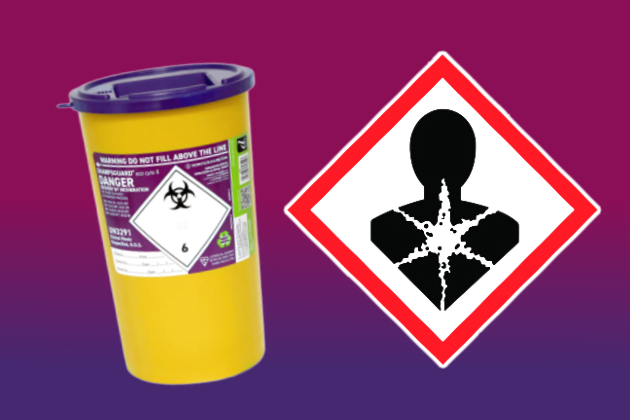- Check your course is eligible for funding: it must be accredited by a UK higher education institution or other approved statutory body and be related to nursing or health care. You’ll need to show how the course will help you in your role.
- Get the dates right: check the RCN Foundation website for any open grants and closing application dates. This is important as many grants are turned down as the dates for the course fall outside the grant period.
- Check you’re eligible for the grant you’re applying for: a full list of the grants and who can apply for them is available on the RCN Foundation website.
- Make sure what you’re applying for is covered: apply for funding for course fees; travel costs; childcare or accommodation relating to the course.
- Get your references right: get a reference from your manager if you’re applying for a qualification that’s degree level or below. For postgraduate and higher qualifications, you’ll also need a reference from an academic referee.
- Apply online: if you have a disability and find it difficult to complete the online application, contact: grants@rcnfoundation.org.uk
- Check you’ve completed the whole form: each section has a word limit so don’t worry about going over.
- Ask your employer for funding first: you’ll be asked to justify why you haven’t asked your employer for funding, so make sure you ask them first.
- Only apply for up to the maximum available grant: if you go over, you’ll automatically be declined.
- Be patient: allow up to six weeks following the grant closing for the RCN Foundation to get back to you. You can reapply another year if you’re unsuccessful the first time.
Prefer to watch video tips? Visit the RCN Foundation website, where you can also start your application.
'You must push yourself'
The RCN Foundation awarded Daniel nearly £5,000 to help with course fees and travel costs. He explains why he applied and the benefits the grant has brought him
Daniel Ryder had no ambitions to be a registered nurse when he first started working in paediatrics, but after years working as an advanced health care assistant, he found himself wanting to do more.

He wanted to study for a level 4 University Certificate in Health and Social Care Practice, so he applied to the RCN Foundation for funding to help him complete the course. His ultimate aim was to get the qualification so he could progress to registered nurse training.
“I didn’t find the grant application process complicated at all. The paperwork took a bit of time, of course, but it wasn’t difficult,” he says. “Making the decision to go back to education wasn’t easy and I definitely wouldn’t have been able to do it without the grant.”
This grant has transformed my life
Daniel believes nursing support workers can often feel like they’re stuck in their role. “You must push yourself,” he says. “As a HCA I didn’t think there’d be support and funding available to help me progress.
"It’s important people know the RCN Foundation is there to support us to continue to grow. I’m sure there are others who could put this funding to good use.
“Do what’s going to make you happy,” he adds. “It’s no exaggeration to say this grant has transformed my life. I don’t want to have any regrets. I want to be able to look back and say I‘ve done my best; I’ve done everything I could have.”
More information
- Through the RCN Foundation Helping Hand scheme, previously successful grant recipients support others with the grant application process.
- Read about how to apply for an RCN Foundation Benevolent Fund grant.
- Applications for current open education grants will close on 17 October 2023 at 5pm. Find out more and apply on the RCN Foundation website.









